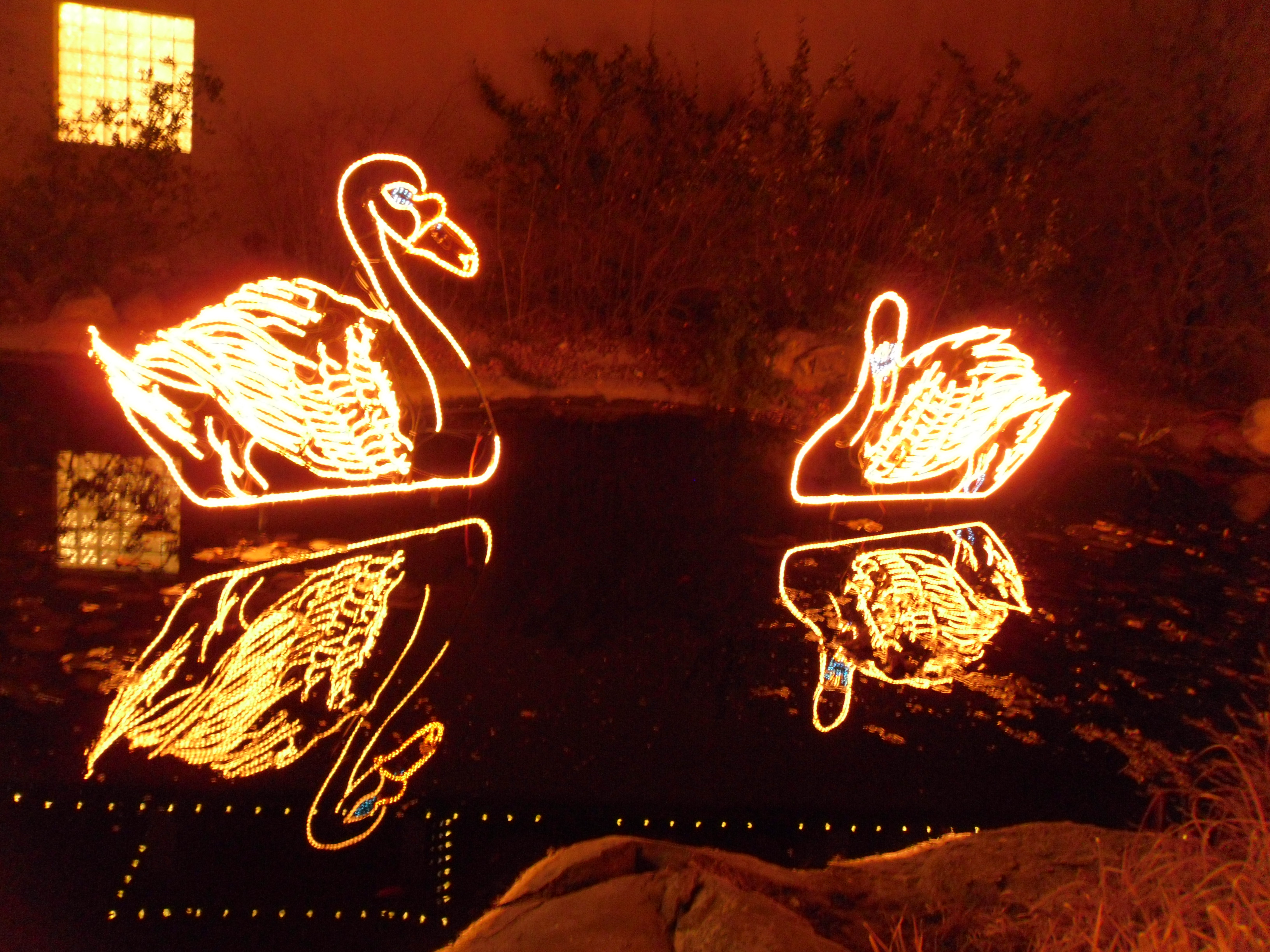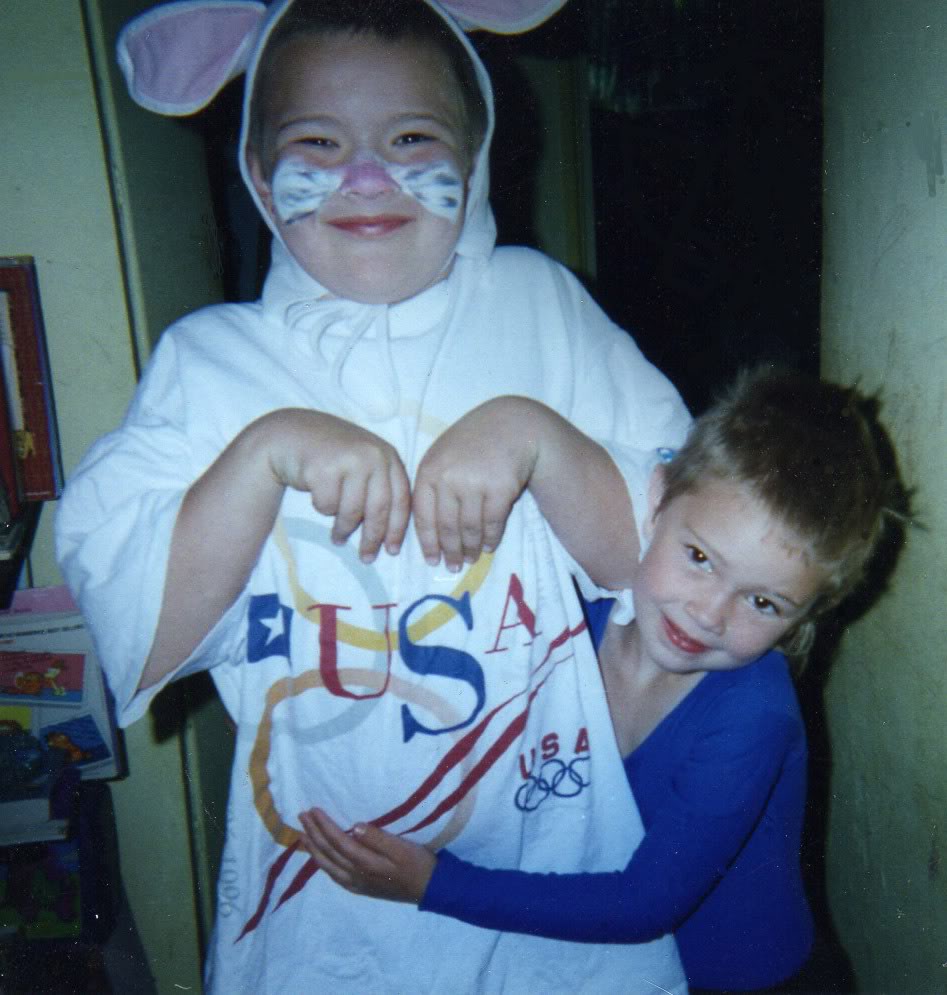photo by Sandra Dodd, of Adam Daniel picking out a souvenir shirt
at the Rattlesnake Museum in Albuquerque
__
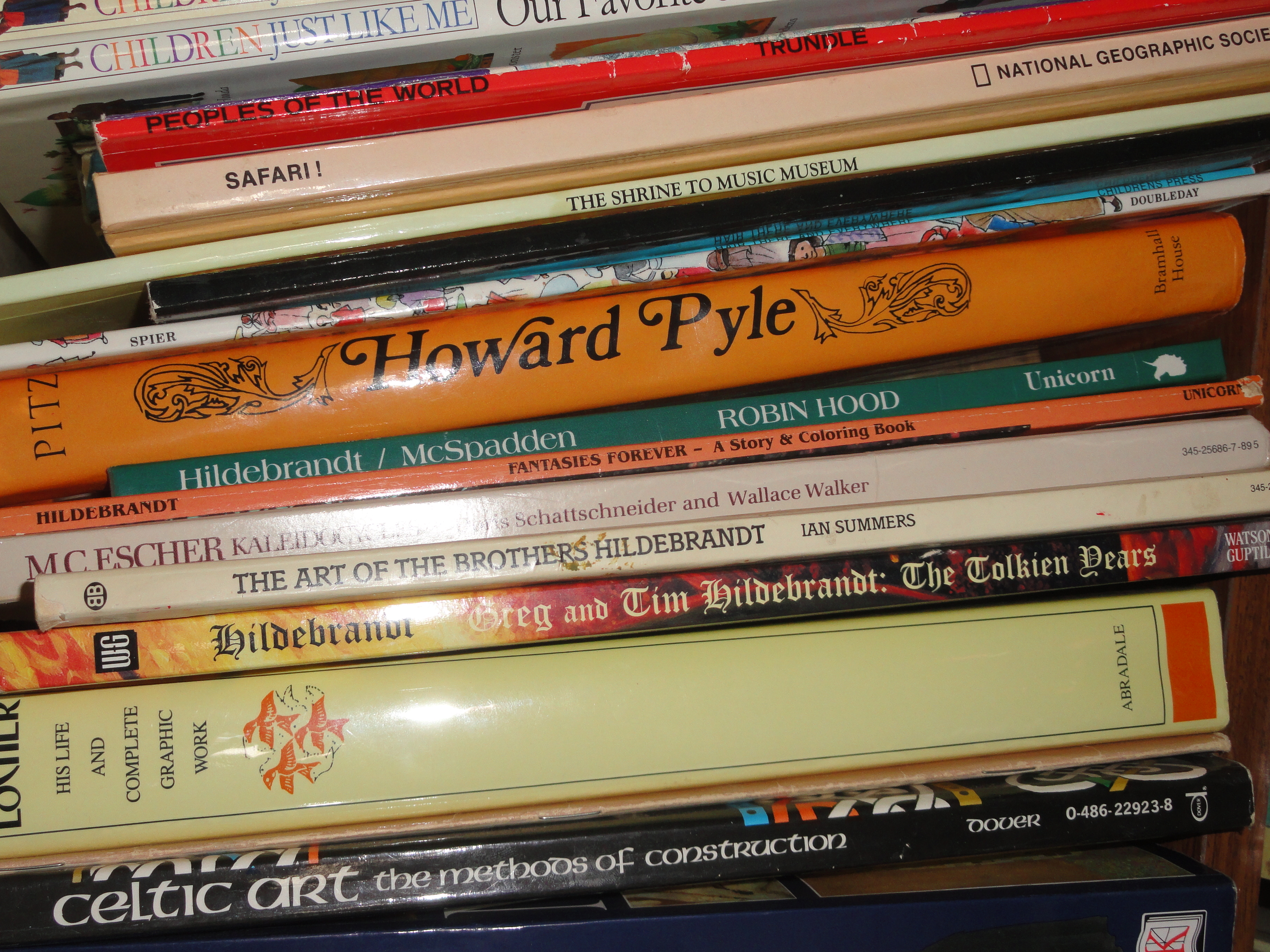
A family can learn to find abundance rather than lack, even if they're not wealthy.
| See all that is good about your child. |  |
When pretend violence exists without the other issues (parenting, school, neglect) it just doesn't have the effect that people fear it will.
For kids who are respected and loved, all sorts of aspects of life that they wouldn't want in their lives can be interesting to visit through fantasy. When you know you'd have to give up the things you value in life to have the "fun" of a violent life as well as the real life consequences, why would anyone choose it? It's only the kids who are growing up severely lacking in love, understanding, support, respect that see violence as a means to something better.



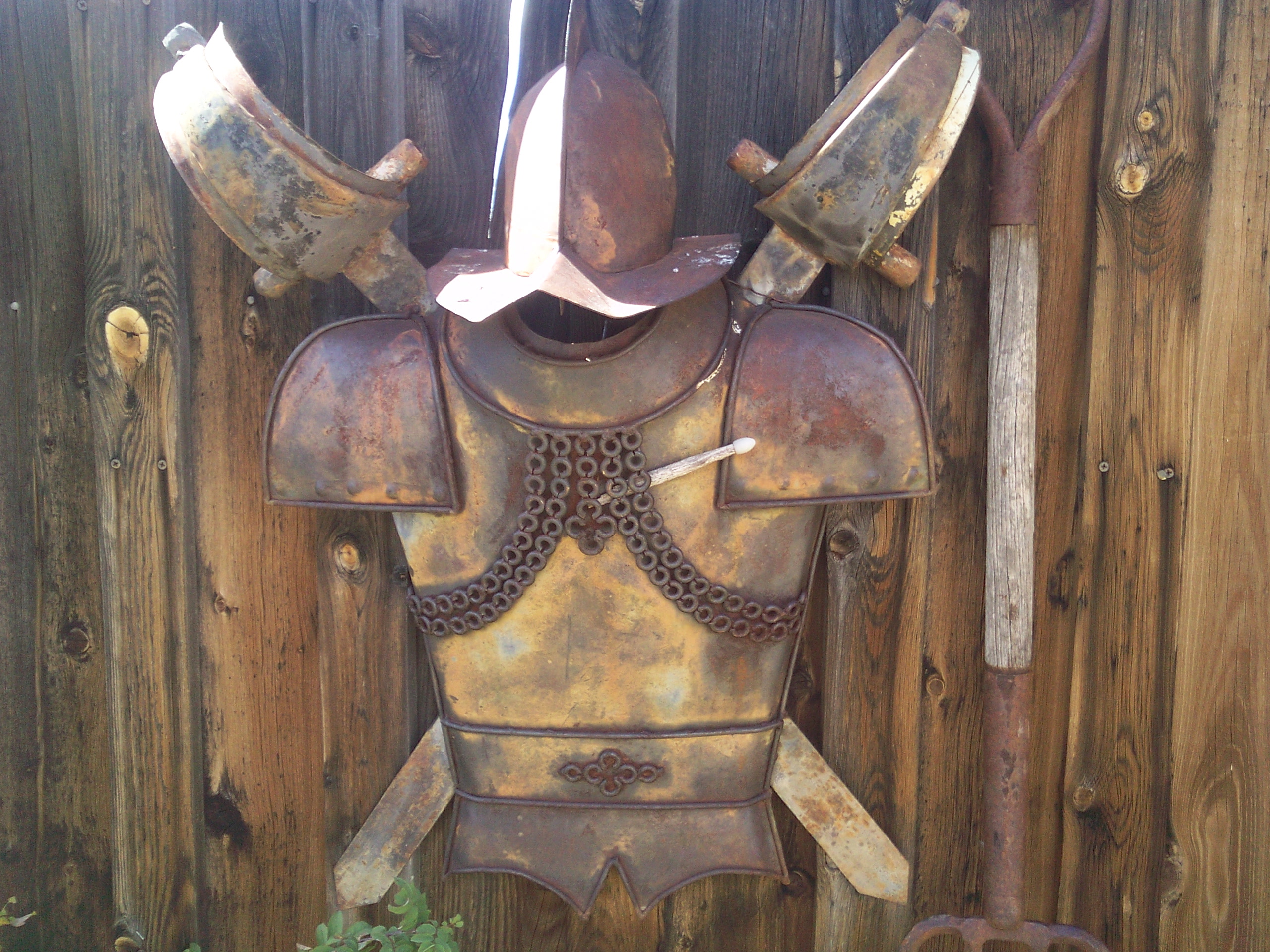
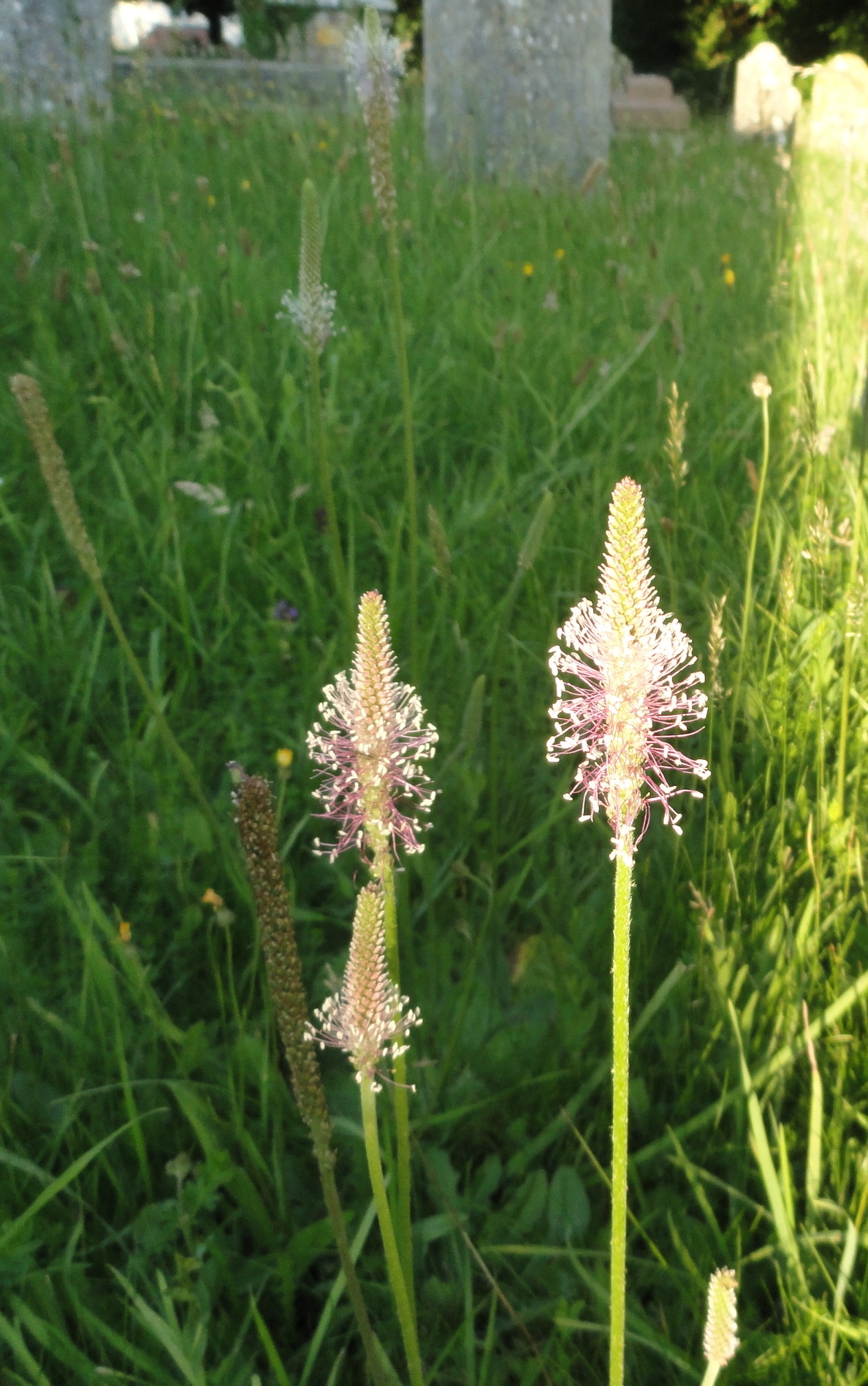

SandraDodd.com/eyecontact
photo by Sandra Dodd
__


